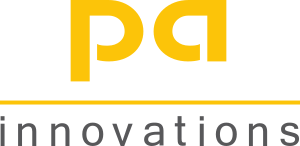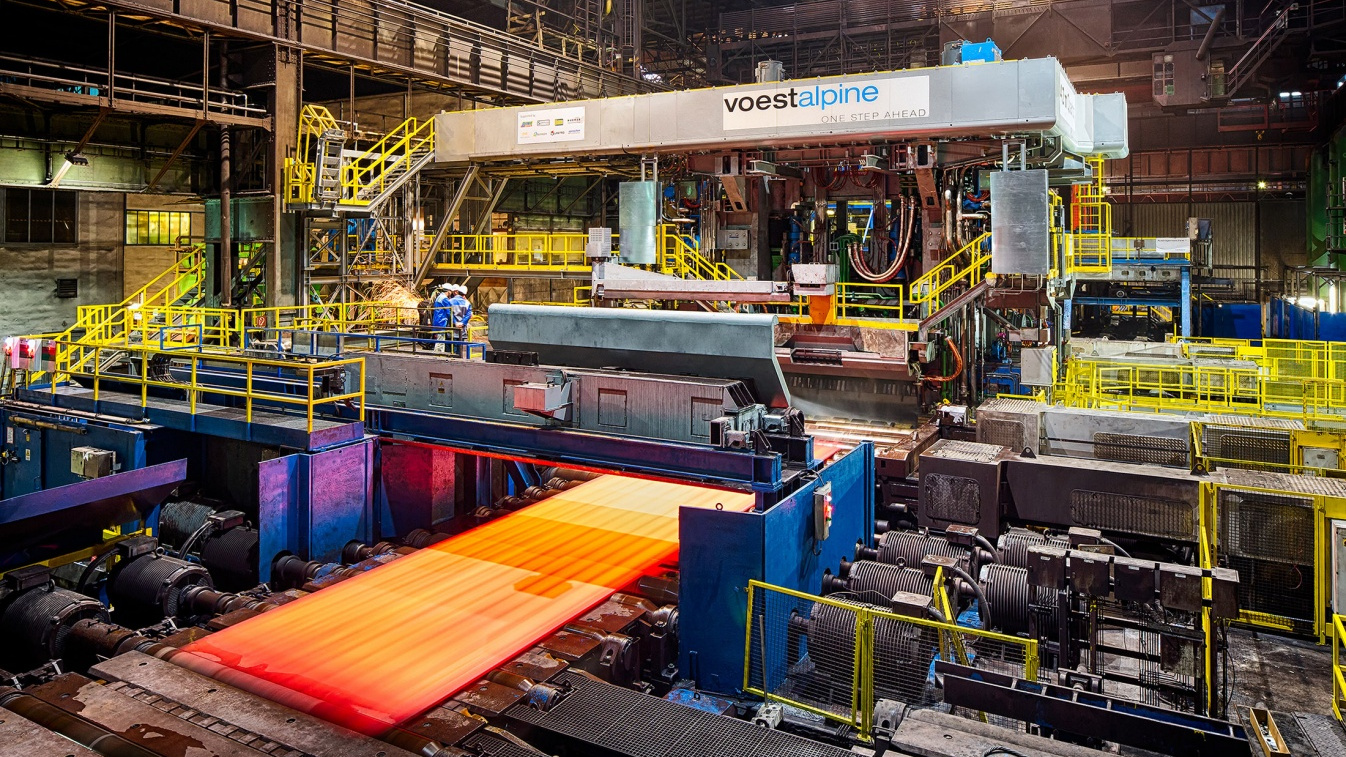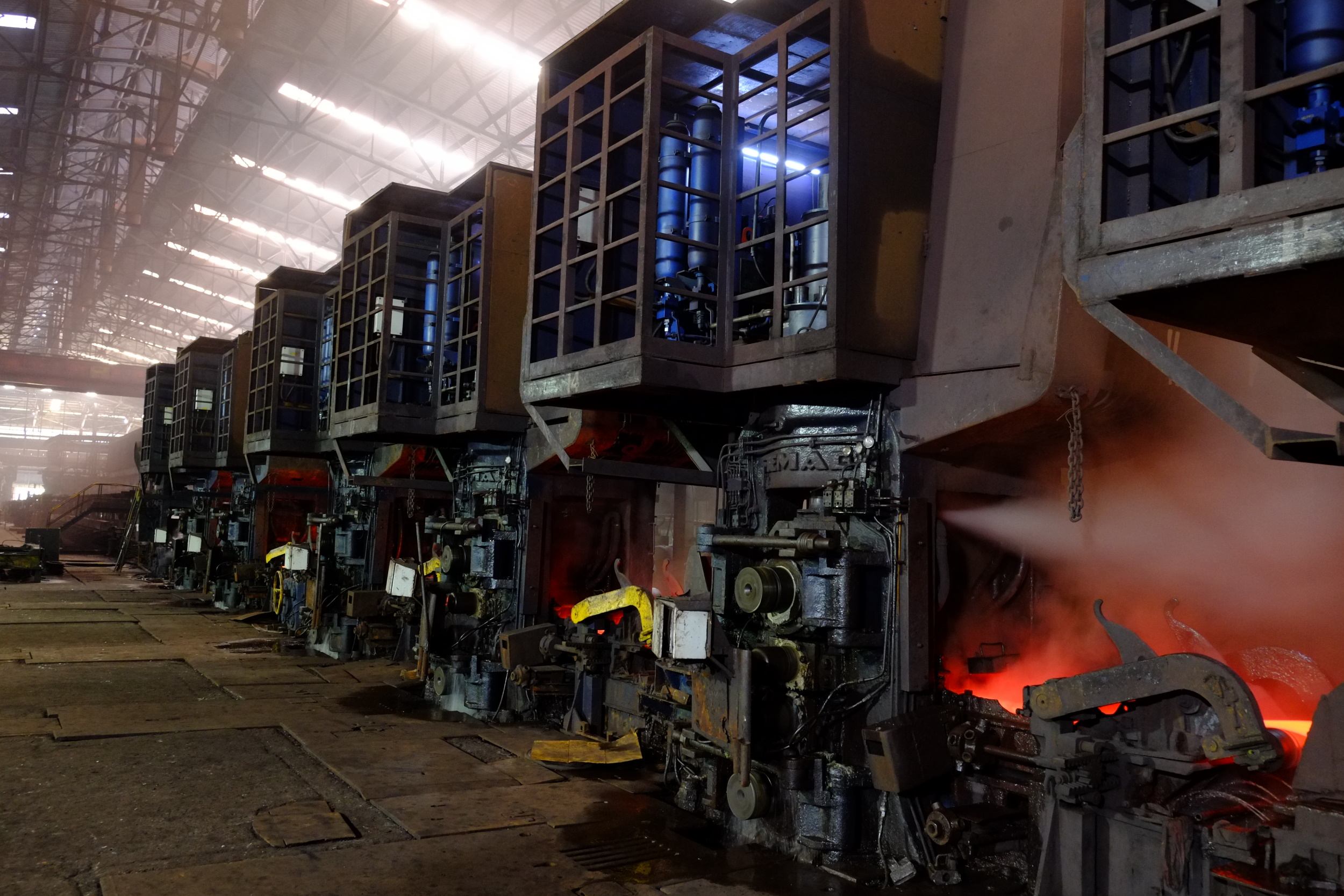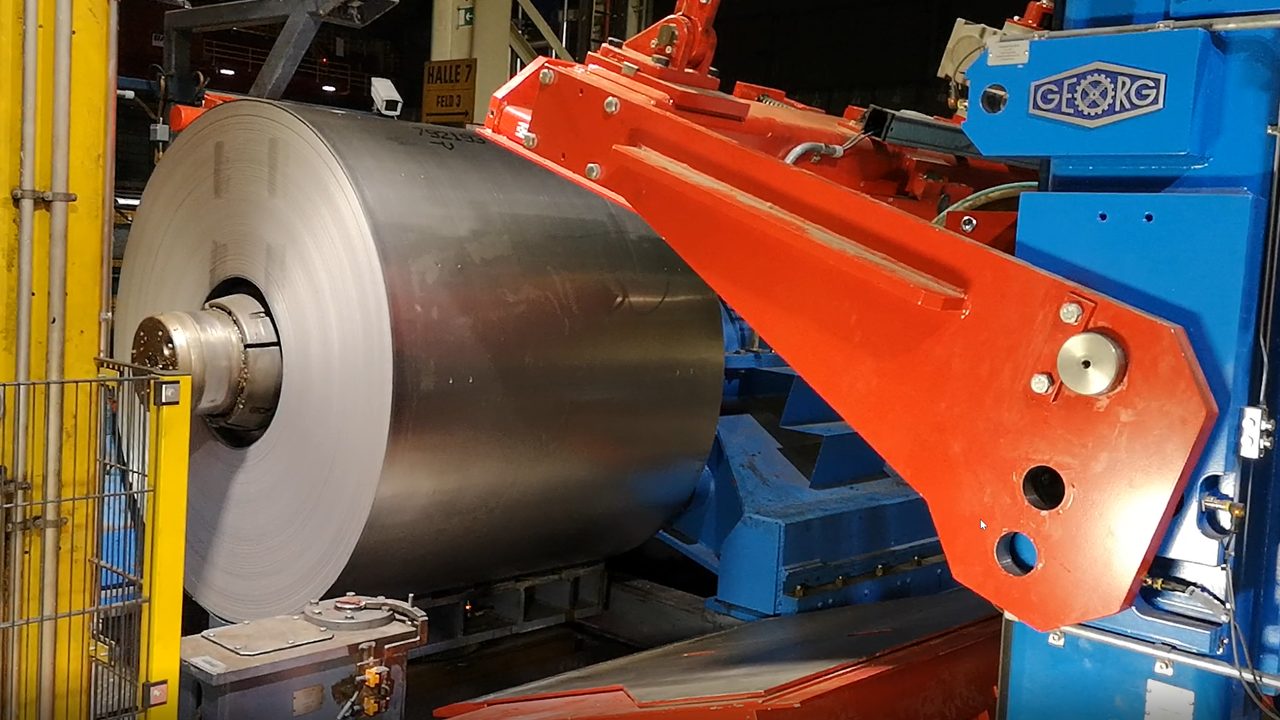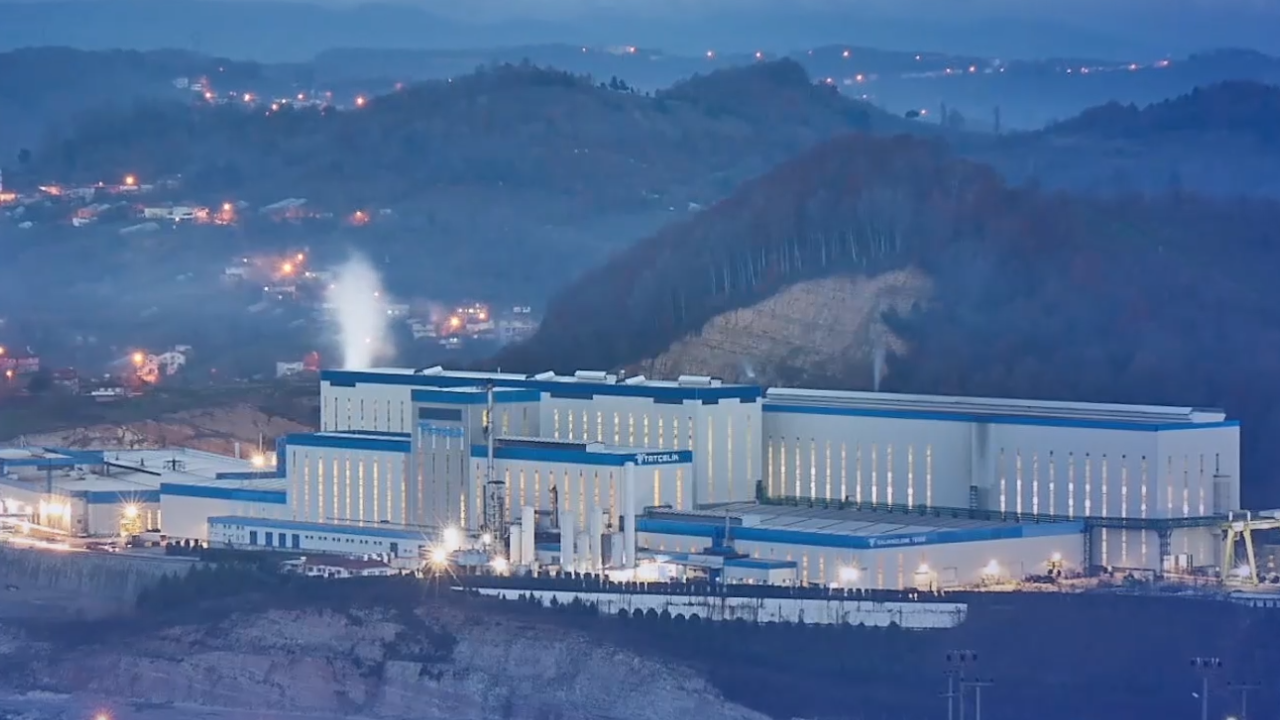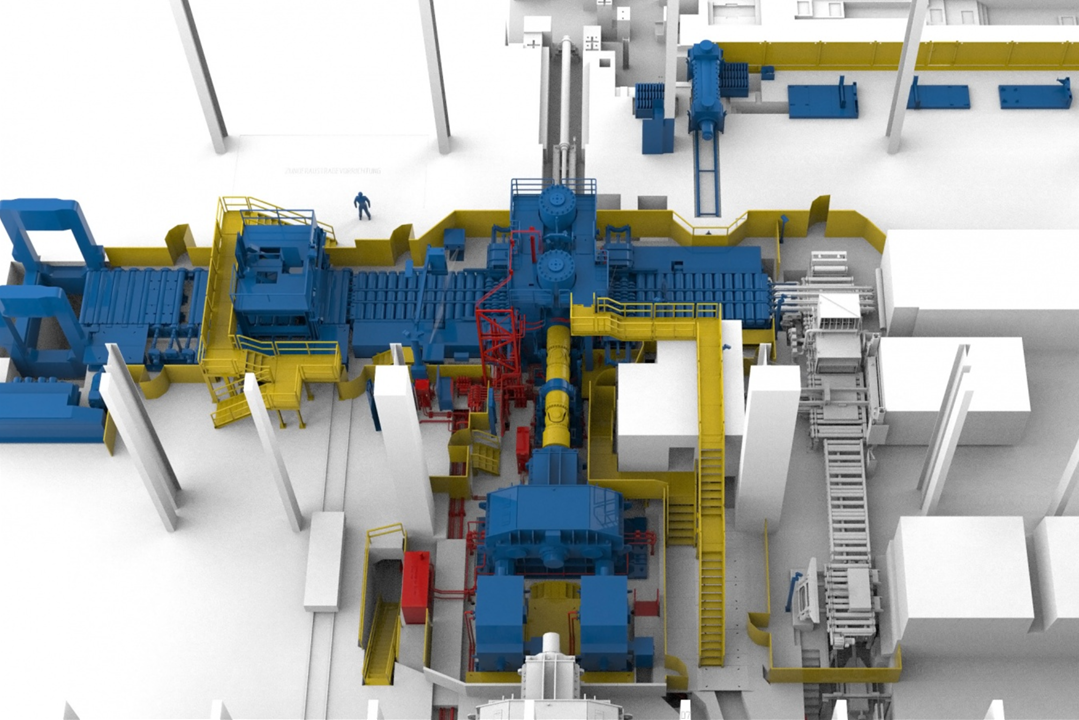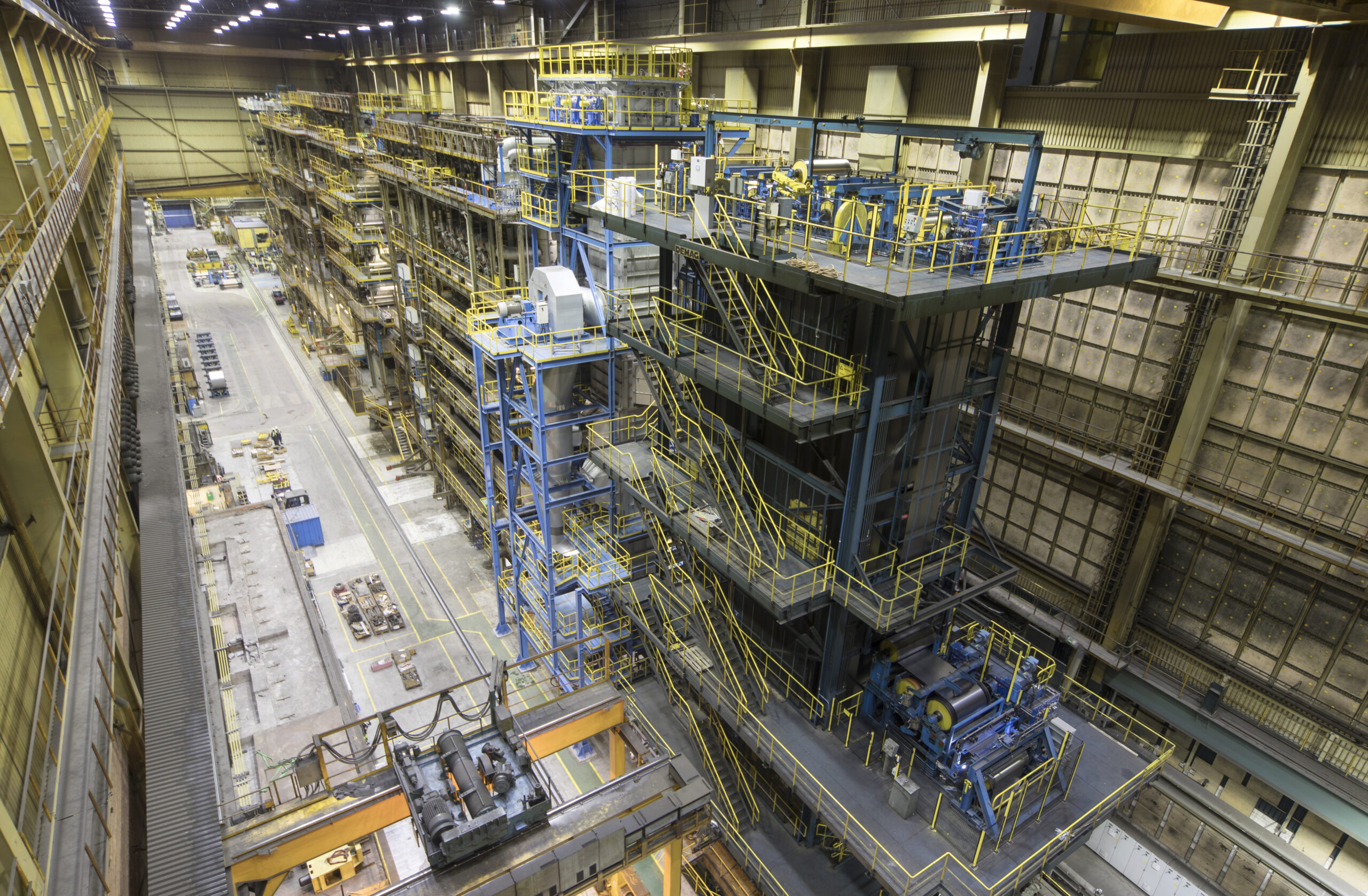Solutions
We are your experienced partner for the automation of hot rolling mills, cold rolling mills, processing lines and plants similar to those. Our team of mechatronics engineers and physicists supports you in questions regarding automation and process specific realization.
What we do

Automation solutions, Consulting & Specification
Definition of the automation configuration and the control and operating philosophy. Selection of the suitable hardware. Studies for problem analysis and problem solving.

Automation Systems
Supply of automation systems from hardware to software, from simple control, highly dynamic control, from physical and mathematical models to visualization, fault diagnosis and production logging.

Project management, commissioning & service
Project management and project execution, commissioning and optimization, customer training and support over the entire life cycle.
Automation of hot rolling mills
The combination of fast technological controls with precise physical-mathematical models for pass schedule calculation enables high throughput with the highest quality requirements. Modular concepts offer the possibility to modernize individual plant sections up to the entire plant.
Level 1 solutions
- width control
- thickness control
- flatness control
- loop control
- down coiler control (side guides, pinch roll, wrapper roll)
- speed control
- actuator controls (roll gap adjustment, roll bending, roll shifting)
- general control systems and sequences from furnace discharge to coil transport
- roll change
- media and lubrication systems
Level 2 solutions
- physical matematical models (online, offline)
- powerful network, data and application environment (libraries for mathematical operations etc.)
- reporting (production, downtimes, quality)
- visualization and data handling
Automation of cold rolling mills
Prior to the final finishing steps such as annealing, galvanizing, coating, etc., the cold rolling mill places particularly high demands on the tolerance, strip flatness and error free strip surfaces. The combination of modern control technologies with the physical mathematical models for the setting of the rolling mill are therefore of particular importance.
Level 1 solutions
- thickness control
- flatness control
- tension controls for entry area, intermediate stand area and exit area
- speed control
- actuator controls
- general controls and sequences
- coil feed and coil removal
- roll change
- media and lubrication systems
- emulsion system
Level 2 solutions
- physical-mathematical models (online, offline)
- Powerful network, data and application environment (libraries for math operations etc.)
- Reporting (production, delaytimes, quality)
- Visualization and data handling
Automation of processing lines
The processing lines cover a variety of processing steps. From strip processing (annealing, galvanizing, coating, etc.) to cut-to-size sheet metal. pa-innovations also has many years of experience in the automation and integration of package units.
Level 1 solutions
- technological control systems
- tension control (furnace, loop accumulator, dancer roll etc.)
- speed control
- strip accumulator – filling level control
- media and lubrication systems
- process part (e.g.: skin pass mill)
- general controls and sequences
- coil feed and coil removal
- shearcontrol
Level 2 solutions
- physical mathematical models (online, offline)
- powerful network, data and application environment (libraries for mathematical operations etc.)
- reporting (production, downtimes, quality)
- visualization and data handling
Upgrades of existing automation systems
The IT industry is characterized by constant and extremely rapid development in the hardware and software technologies used. This also affects the automation systems used in the industry. Depending on the automation components (PC/server components, PLC components etc.) the life cycle is between 5 and 15 years. pa-innovations supports upgrades for different systems.
- Upgrades from VANTAGE systems to the latest hardware based on embedded systems (VANTAGE was used by the former VAI in the area of technological controls)
- Upgrades from DEC Alpha-based Level 2 Systems (VMS) to Windows based systems by virtualizing or transferring the code.
- Upgrades from SIMATIC controllers to the latest software versions
- Functional upgrades by using models based on the latest technological know-how
Integration test in the test field before delivery
The software created by us is subject to careful testing procedures. For this purpose, the automation hardware is set up in the test field. Various test cases are carried out, ranging from module tests to individual function tests to tests in the interplay of the individual plant sections. In addition to the application software, the automation systems are also tested with regard to CPU load and availability in continuous operation.
- long-term test of the used hardware
- functional test with simulation
- training for maintenance engineers
- training for operator
- getting to understand the basic theoretical knowledge
- practical exercises in the test field
- Carrying out practical exercises in the test field
Training
pa-innovations offers extensive training for maintenance engineers and operators. From the theory of the mechanical kinematic relationships and the resulting solutions of control engineering, training in the practical use of the application software and fault analysis to the training of the control personnel regarding operation and diagnosis.
- theoretical principles as a prerequisite for the automation of the process
- basics of the used programming tools
- structure of the application software
- diagnosis and fault analysis
- operation and visualization
